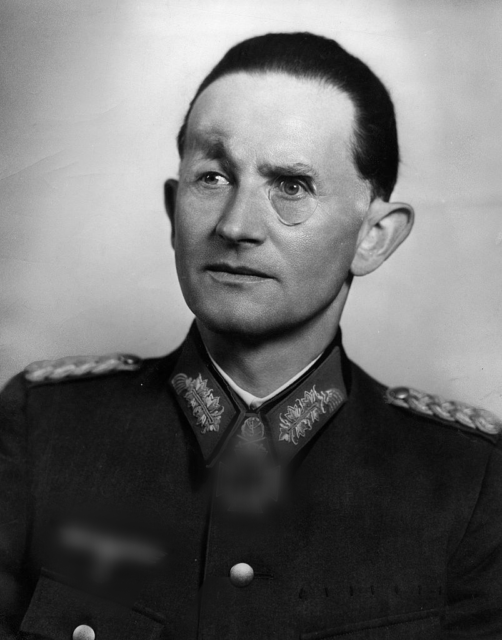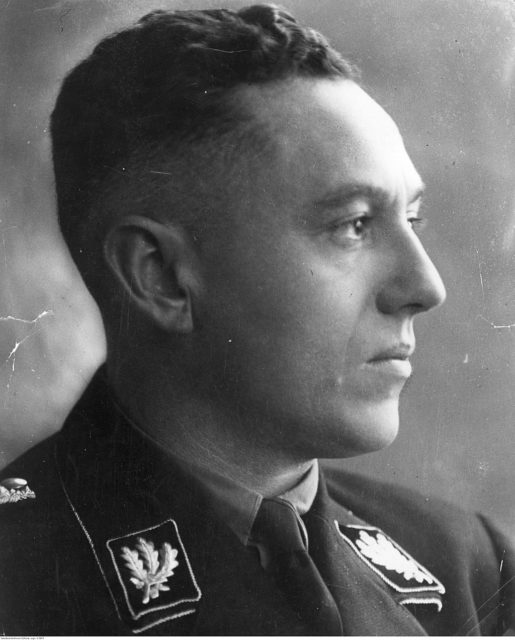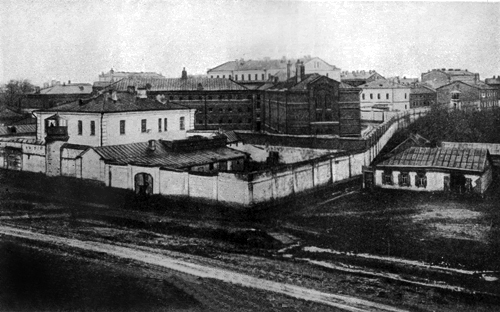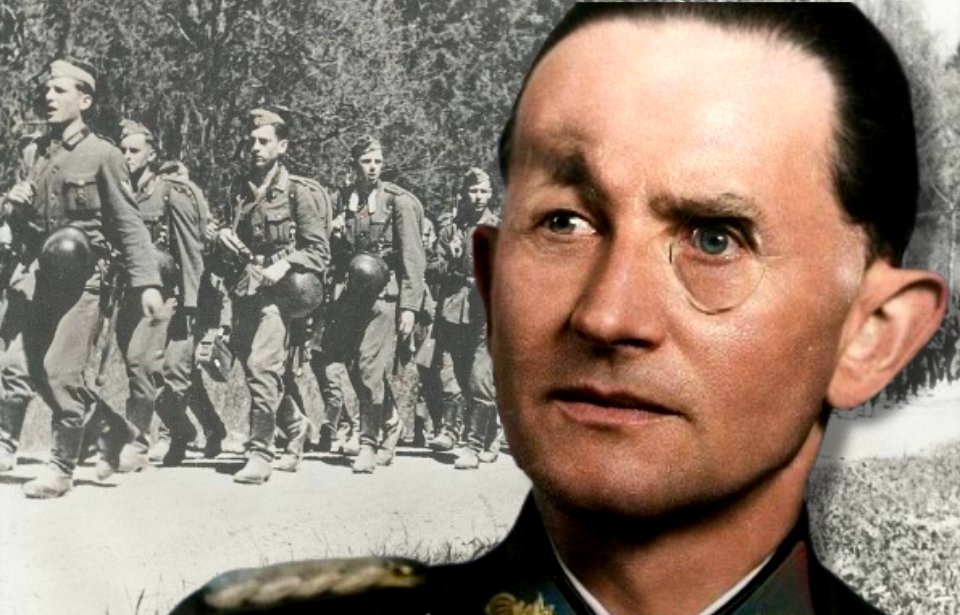Dietrich von Saucken brought his cavalry sword to a meeting

In the bitter winter of 1945, most of Germany’s military leadership had come to terms with grim reality of imminent defeat—everyone, that is, except for Hitler. General Dietrich von Saucken had already jeopardized his position by openly stating as much, a comment that resulted in his temporary dismissal. But with Germany desperate for seasoned commanders, he was brought back just a month later.
A lifelong military man hailing from East Prussia, von Saucken had served with distinction in both World Wars. In February 1945, he was summoned to Hitler’s command bunker and assigned the daunting mission of defending East Prussia against the unstoppable Red Army advance—an order that came with the unspoken understanding that failure was inevitable.
When von Saucken reported for duty, he made a deliberate statement by wearing his traditional cavalry saber—a visible nod to his heritage and commitment to the military code of honor—even though the Führer had banned such displays in his presence. Remarkably, the Führer appeared either oblivious to the breach or chose to ignore it entirely.
Pushing his luck with the Führer

Witnesses to this “historic” encounter report that not only did Dietrich von Saucken flaunt attire likely to provoke the Führer, but his manner of speaking dripped with disdain, another transgression that could’ve led to his imprisonment in a forced labor camp, or worse. Men had faced execution for lesser offenses.
Initially, he delivered a military salute to the German leader, not the customary one demanded of those around him. Remarkably, the Führer, once again, appeared oblivious.
When he insisted that East Prussia must be defended and added that von Saucken would report to local loyalist Gauleiter Albert Forster, the general abandoned all pretense of heeding these directives. The notion that he would answer to a low-ranking, local and anonymous figure incensed von Saucken, prompting him to slam his hand onto the table between him and the Führer. Only then did he finally command the German leader’s undivided attention.
“I have no intention of taking orders from a Gauleiter,” von Saucken declared.
At this point, it seemed the general had reached a state of indifference regarding the repercussions his statements might elicit. He brazenly disregarded the Führer‘s directive and addressed him as “Herr,” instead of the expected honorific “Mein,” which citizens were mandated to use when referring to him.
The entire room sat in stunned silence, waiting to see how the German leader would react. To everyone’s surprise, he simply responded, “Alright, Saucken, have command of it yourself.”
Dietrich von Saucken becomes a prisoner of the Red Army

Dietrich von Saucken remained with his troops until the very end of World War II. Despite several opportunities to escape, he chose to stay, focusing on helping evacuate wounded soldiers. His decision ultimately led to his capture by Soviet forces, and he spent the next 10 years in a prison camp.
By the time he was released, the years of abuse and grueling labor had severely damaged his health, and he spent the remainder of his life in a wheelchair. He later settled in Bavaria, where he lived quietly and worked as a painter.
His story prompts a thought-provoking question: What if more military leaders had refused to carry out orders they knew were wrong? Could acts of resistance have altered history and prevented some of the worst events from unfolding? We may never know for certain, but one thing is clear—standing up to a bully requires immense courage, and while difficult, it can leave a lasting impact.
